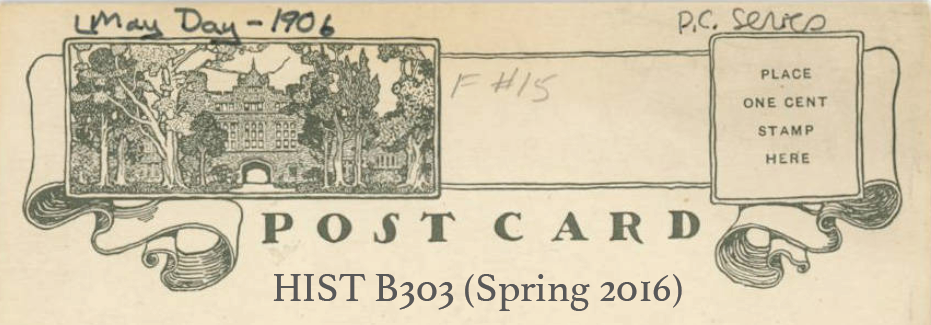Last night, I attended the Tri-College NAACP’s annual gala and found myself relating the guest of honor, Professor Anthea Butler, of the University of Pennsylvania’s words to this class. Something that came up when I read Jarrett Drake’s piece for last week about starting an activist archive up at Princeton was that student activist narratives can be hard to come by if they haven’t actively been sought out. Even though student activism has been a powerful force in shaping the United States’ history and discourse around politics, the controversy surrounding activism can make it deemed unfit for the archives. There’s also controversy around what form the archiving of activism takes.
Professor Butler talked about the controversy surrounding the digital activism of the present, and how it has been unappreciated and devalued for its presence on the internet. Things like tweets with hashtags and Facebook posts have been ignored as relevant to activism or a social movement by many old-school activists and scholars who engage in activism due to the quotidien and seemingly simple nature of it all. The fact of the matter is though that activism is evolving to fit in (ironically) with the digital age. It makes sense then that it won’t take the traditional twists and turns that the public is used to seeing. Public planning and organizing isn’t necessarily happening in physical spaces, online spaces can be more accessible to wider amounts of people. Things like hashtags or group events for actions aren’t petty and mundane, they’re the keys to the way current social movements are running and paving the way. Hashtags have activated and elevated the Black Lives Matter Movement. If we as a public decide that hashtags are too trivial to catalogue, however, when documenting and archiving this as well as other current social movements, we’ll be leaving out a substantial piece of activist narratives and essentially silencing those who are the backbones of the movements. Activism has taken on a new form in the digital age, are archivists ready for this?
